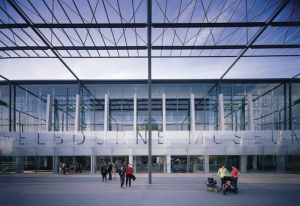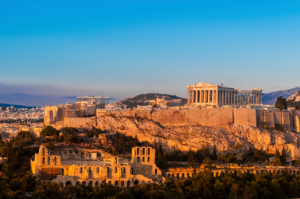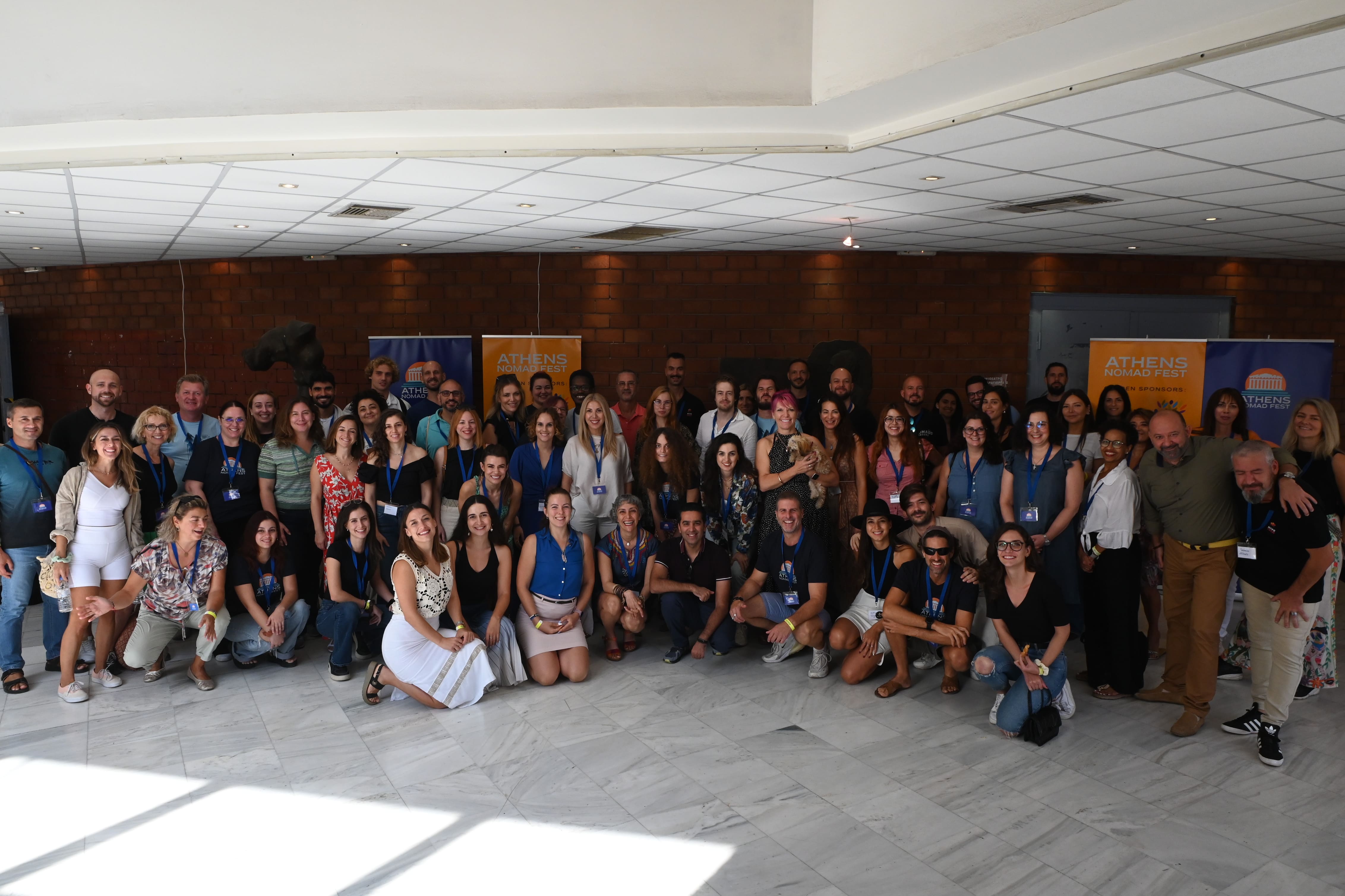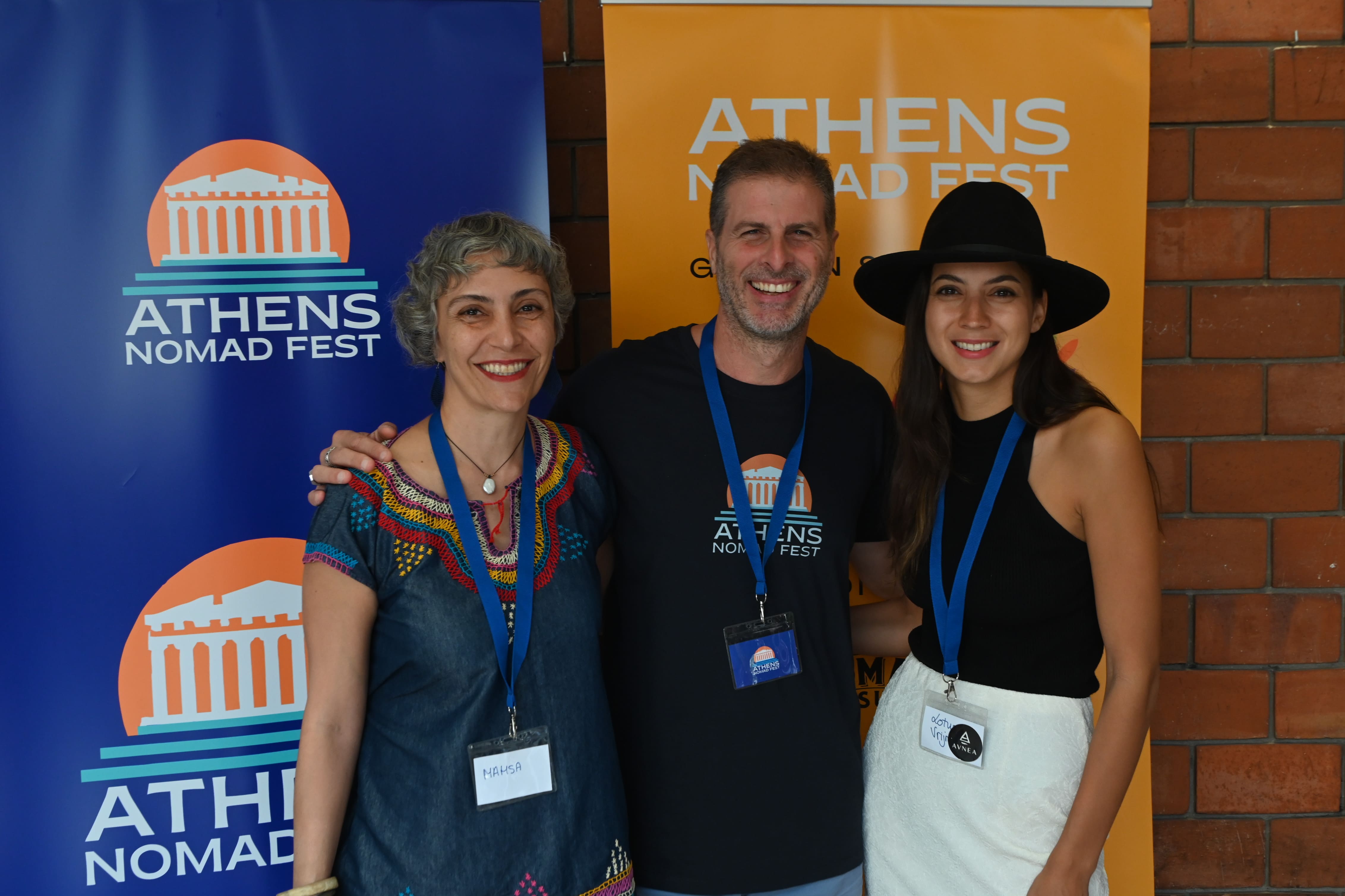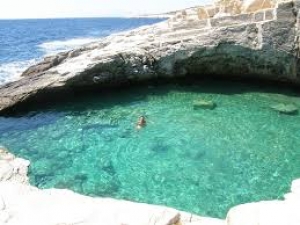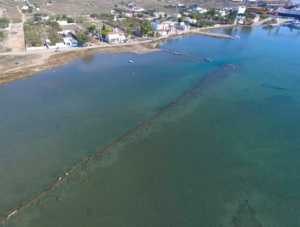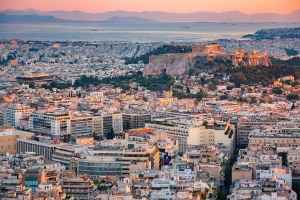Athens, a city where ancient history and vibrant modern life come together, is incredibly accessible for visitors, whether they choose to explore on foot or via public transport. With a walkable city center and a diverse public transportation system, Athens offers an easy and affordable way to experience its culture, history, and neighborhoods.
Here’s a closer look at why Athens is one of the most accessible cities in Europe.
A Walkable, Historic City Center
Athens’ city center is a pedestrian’s dream. With key historical areas like Plaka, Monastiraki, and Syntagma all within a short distance of each other, it’s possible to walk between major landmarks such as the Acropolis, the Temple of Olympian Zeus, and the Ancient Agora. Streets like Dionysiou Areopagitou and Apostolou Pavlou are dedicated pedestrian paths, making it easy to explore while enjoying unobstructed views of ancient ruins, lively street musicians, and quaint cafés.
Exploring on foot lets you truly immerse yourself in Athenian culture. From admiring street art in Psyri to savoring freshly baked pastries from local bakeries, walking in Athens offers unique moments that can’t be experienced from behind a car window. The layout encourages a relaxed, exploratory pace that captures the city’s friendly and vibrant atmosphere.
The Athens Metro System
For those who want to venture further or take a break from walking, the Athens Metro offers a convenient, affordable, and efficient solution. The metro system has 3 main lines:
- Line 1 (Green Line - Ilektrikos)
Also known as the "Ilektrikos" or electric railway, Line 1 is the oldest of the metro lines, originally built in 1869. It connects Kifisia in the northern suburbs to Piraeus Port in the south, making it ideal for travelers arriving or departing by ferry. Line 1 passes through Monastiraki and Thissio, two stations near the Acropolis and the vibrant center, making it a great option for tourists.
- Line 2 (Red Line)
The Red Line runs from Anthoupoli in the west to Elliniko in the south, providing convenient access to major landmarks and hubs like Syntagma Square and Omonia Square. This line connects the historic center with modern neighborhoods and the southern suburbs, where you can catch the tram to the beachside areas. Stops like Acropoli make this line especially popular with visitors, as it leads directly to the New Acropolis Museum.
- Line 3 (Blue Line)
The Blue Line extends from Nikaia in the southwest to Athens International Airport in the east, making it the primary connection between the city and the airport. Along the way, Line 3 passes through Monastiraki and Syntagma, key stops for exploring central Athens. This line is incredibly convenient for international travelers, providing a direct route between the airport and Athens’ main attractions.
The metro is modern, clean, and easy to navigate, with signs in both Greek and English. It’s also well-maintained and includes archaeological displays at certain stations, giving riders a glimpse into Athens’ past as they travel.
The Tram System: A Scenic Coastal Ride
For those who wish to explore the coastal areas of Athens, the tram is a perfect choice. The Athens tram system has 2 main lines, both offering scenic routes that connect the city center with seaside neighborhoods:
- Line T6 (Syntagma to Pikrodafni)
This line runs from Syntagma Square in the city center to Pikrodafni, connecting various neighborhoods in between. It’s a popular choice for those looking to explore more residential areas of Athens while enjoying a slower-paced ride through the city.
- Line T7 (Asklipio Voulas to Agia Triada)
The T7 line connects the southern suburbs, from Asklipio Voulas in Voula to Agia Triada in Piraeus, traveling along the scenic Athenian Riviera. This line is especially enjoyable in the warmer months, providing direct access to beaches and coastal cafés. If you’re in the mood for a relaxed day along the Mediterranean, the tram offers a comfortable way to reach Athens’ beautiful coastal destinations.
Buses and Trolleybuses: Covering Every Corner of Athens
Athens has an extensive bus and trolleybus network that covers nearly every corner of the city and its suburbs. Buses and trolleybuses run throughout the day, though service can vary based on the route and time. Some buses run 24 hours, which is helpful for those needing late-night transport, especially to and from the airport.
The bus network can be a bit challenging for first-time visitors, as routes are numerous and schedules can be unpredictable, especially during peak hours. However, using apps like
OASA Telematics or
Moovit can help you track bus locations in real-time. Buses are generally affordable and offer a way to explore residential neighborhoods, lesser-known spots, and more outlying areas.
Important Tips for Public Transport in Athens
While Athens’ public transport options are generally reliable, it’s worth noting that service hours can vary. Metro trains run from early morning until around midnight, with extended hours on weekends, while buses and trams typically follow similar hours. However, late-night service is limited, so it’s wise to plan ahead if you’re out late.
For convenience, travelers can purchase an “Ath.ena” card, which offers access across all public transportation systems and can be reloaded as needed. Tickets are reasonably priced, and there are options for single rides, day passes, and even weekly passes, making it an economical choice for getting around the city.
Overall Accessibility and Flexibility
Despite occasional scheduling limitations, Athens remains highly accessible and easy to navigate. Its compact city center, combined with varied public transport options, allows visitors to explore at their own pace, whether they prefer walking or a quicker ride. The city’s emphasis on pedestrian-friendly zones, coupled with its transportation network, means you can immerse yourself in its history, culture, and scenic beauty without the hassle of renting a car.

